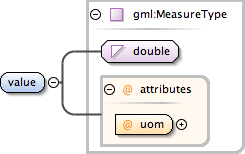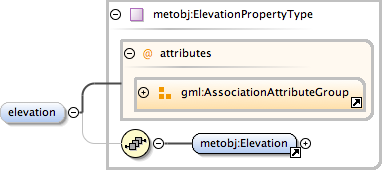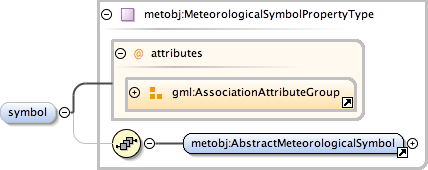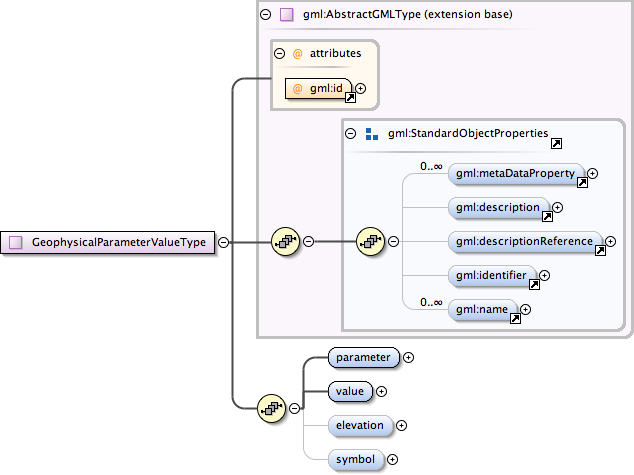| Namespace | http://xml.fmi.fi/namespace/meteorology/conceptual-model/meteorological-objects/2009/09/07 | ||||||||||||||||||||||||||||||||||||||||||||||||||||||||||||||
|
Diagram
|
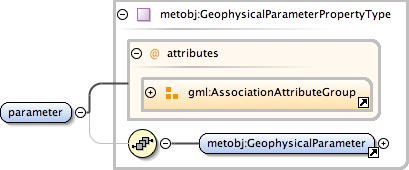 |
||||||||||||||||||||||||||||||||||||||||||||||||||||||||||||||
| Type | metobj:GeophysicalParameterPropertyType | ||||||||||||||||||||||||||||||||||||||||||||||||||||||||||||||
|
Properties
|
|
||||||||||||||||||||||||||||||||||||||||||||||||||||||||||||||
| Model | metobj:GeophysicalParameter | ||||||||||||||||||||||||||||||||||||||||||||||||||||||||||||||
| Children | metobj:GeophysicalParameter | ||||||||||||||||||||||||||||||||||||||||||||||||||||||||||||||
|
Instance
|
|
||||||||||||||||||||||||||||||||||||||||||||||||||||||||||||||
|
Attributes
|
|
||||||||||||||||||||||||||||||||||||||||||||||||||||||||||||||
|
Source
|
|
||||||||||||||||||||||||||||||||||||||||||||||||||||||||||||||
| Schema location | http://xml.fmi.fi/schema/meteorology/conceptual-model/meteorological-objects/2009/09/07/metobjects-common.xsd |
